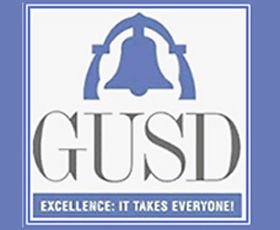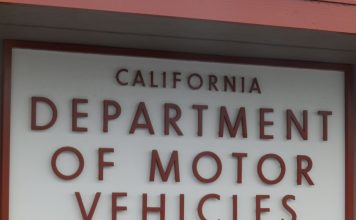Perhaps a short lesson in open records laws is overdue at some government agencies.
On Oct. 9, the Dispatch requested a copy of the video recording of the Gilroy school board’s Oct. 8 meeting.
Unlike the City of Gilroy, the school district that spent $158 million on a high school seven years ago has not found the time or money to broadcast its board meetings.
In this day and age? On Silicon Valley’s front porch? That just does not make sense.
But it is what it is, for now.
So, when the Dispatch needed to review recordings of two meetings in June, Superintendent Debbie Flores’ office made them available to us DVD, and fast. Felt good. After all, videos under the public records laws are to be treated just like paper—if available, and not exempt from release; copies must be released on demand to the public.
Differences of opinion do arise and lawyers get involved at times, but all in all the agencies around here seem to know the law, whether they like it or not. Mostly.
The Dispatch some months ago asked for the names of adults who lied about addresses to get their children into Christopher High School. Those records were folded into student records, which by law are exempt from release.
We did not get the records, but we believe records of the law being broken should all be public, not mingled with and stashed away in students’ folders at district headquarters.
Same for when a teenager who committed a heinous act that resulted in the suicide of a young girl transferred from Saratoga to Christopher High School, even as the case went through the courts.
When the Dispatch tried to find out how that happened, district officials invoked the exempt-from-disclosure excuse for not sharing the information with the community whose daughters were sharing classrooms and the football team a locker room with a kid whose actions, if you ask her parents, led directly to a girl’s death.
Back to the release of videos. When the Dispatch asked for a DVD of the school trustees’ Oct. 8 meeting, the district responded that it had only one copy but it was available to the public on loan for a few days.
Bad enough the district does not broadcast its meetings, but to refused to release what is clearly a public record of a meeting is unacceptable, unnecessary nonsense.
We objected—suppose we had not? The district has said it gets very few requests to borrow the DVDs. Even if there was a request, and it was granted, the law was broken and the citizen who had to borrow was taken advantage of, we believe.
We did object, cited the law, and the district quickly gave up the two meeting discs.
That is a good outcome. We hope the district learned a lesson. Public documents belong to the public. It’s the law. Period.











